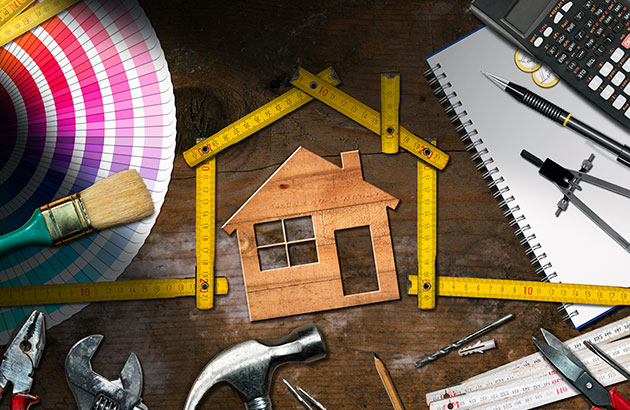
THE APPRAISAL PROCESS
Whether you’re buying a new house, selling a house or refinancing an existing mortgage, a home appraisal is a key component of each transaction. Understanding the appraisal process and how it impacts your home’s value is extremely important. The more you understand, the smoother the transaction wi

IS YOUR HOME READY TO SELL?
Choosing to sell your home is one of those crucial decisions that will have a lasting impact on your journey to financial independence. Whether you’ve sold many homes or are considering selling your first, there are many factors you need to know before putting your house on the market. Your time is

HAVE YOU SCHEDULED YOUR ANNUAL MORTGAGE CHECKUP YET?
It’s a new year and a time of significant change in our world, but what about in your life? In the past year, you may have experienced shifts in employment, had a baby, been married, been divorced or reached retirement age. These are events that can completely alter the course of your life, and y

DOWNSIZING YOUR HOME WITH A PLAN
Selling your home and moving into a new house is often bittersweet. You are eager for change, but anxious to leave a home filled with so many memories. Downsizing can be even more difficult, but can be the right decision depending on your goals. People opt to downsize for many reasons, and in diffe

TOP TEN HOME IMPROVEMENT TIPS FOR THIS YEAR
If you're looking for home improvement tips for the upcoming year, you've come to the right place. The latest home improvement trends are all about making your home more efficient, stylish, and sustainable. There are always new trends emerging in the world of home improvement, and it can be tough
Categories







